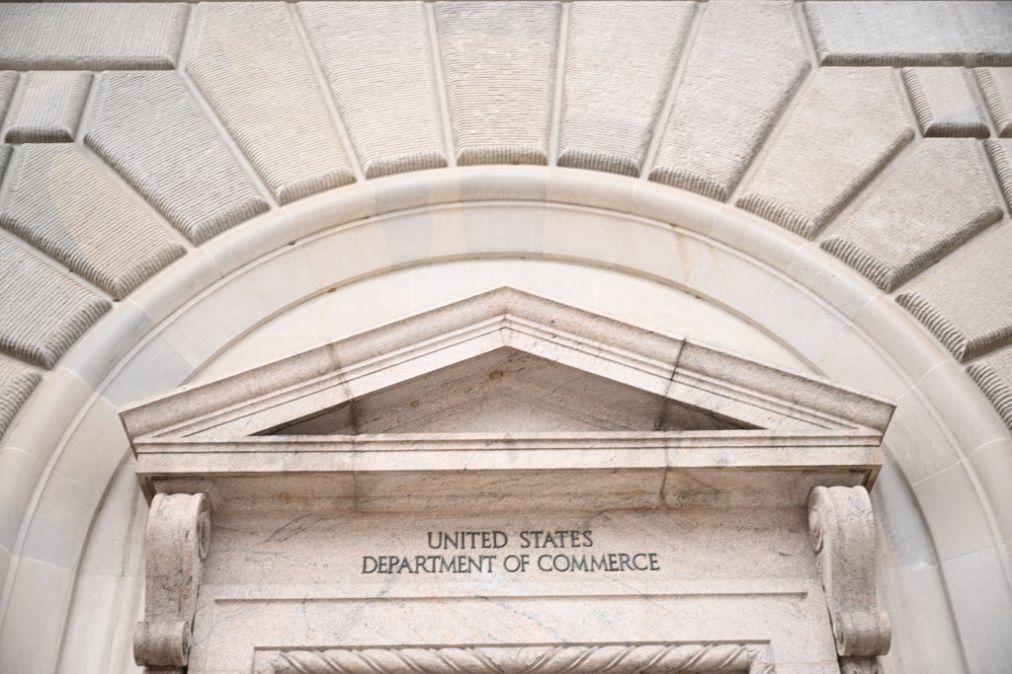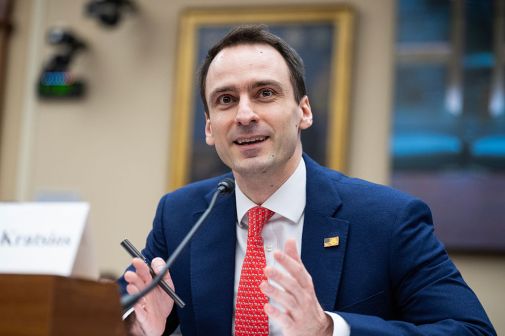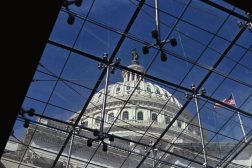Trump administration rebrands AI Safety Institute

Commerce Secretary Howard Lutnick announced plans Tuesday to “reform” the department’s AI Safety Institute into a new body called the Center for AI Standards and Innovation.
The new name signals a shift away from the term “safety” and toward a desire for rapid development of the technology, though the primary role of the renamed body appears to be more or less the same. The center, like the AISI, will continue to evaluate the capabilities and vulnerabilities of the growing technology and serve as the primary point of contact for industry in the government.
“For far too long, censorship and regulations have been used under the guise of national security. Innovators will no longer be limited by these standards,” Lutnick said in a written statement. “CAISI will evaluate and enhance U.S. innovation of these rapidly developing commercial AI systems while ensuring they remain secure to our national security standards.”
The change to the body housed within the National Institute of Standards and Technology comes as the Trump administration seeks to put its own mark on the federal government’s approach to AI.
Thus far, President Donald Trump repealed former President Joe Biden’s AI executive order and signed one of his own, signaling some change. But while rhetoric over the technology has differed, several activities have carried over from the previous administration. That includes the federal government’s approach to AI governance, using federal lands for data centers to fuel AI, and now maintaining the core responsibilities of what was the AISI.
Some of the Trump administration’s approach, however, remains to be seen until it releases its AI Action Plan, which will outline its priorities.
According to a press release on the new naming, the CAISI will still be charged with developing guidance and best practices for AI system security, as well as working with industry to develop voluntary standards. It will also continue working on voluntary agreements with the private sector, conducting evaluations of models to identify potential risks, and coordinating with other agencies on evaluation.






